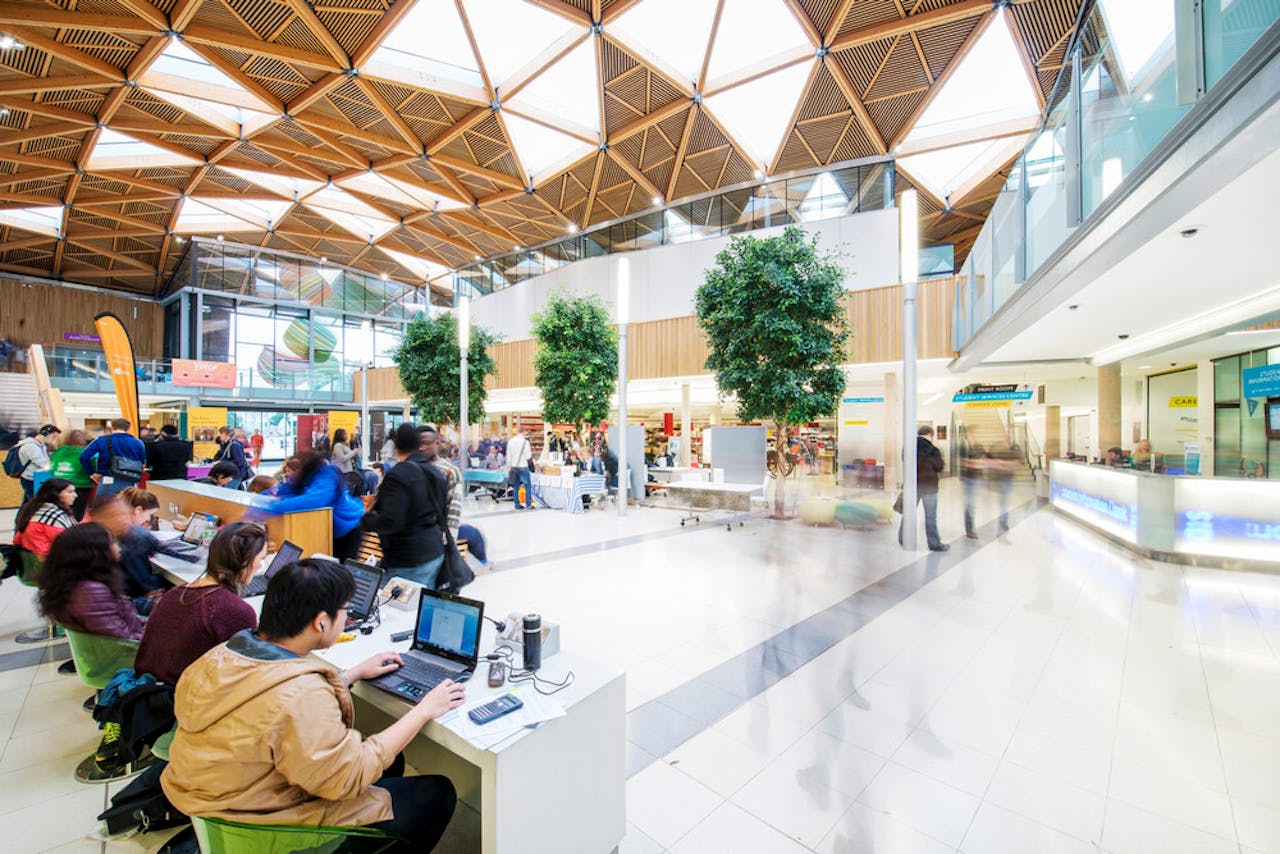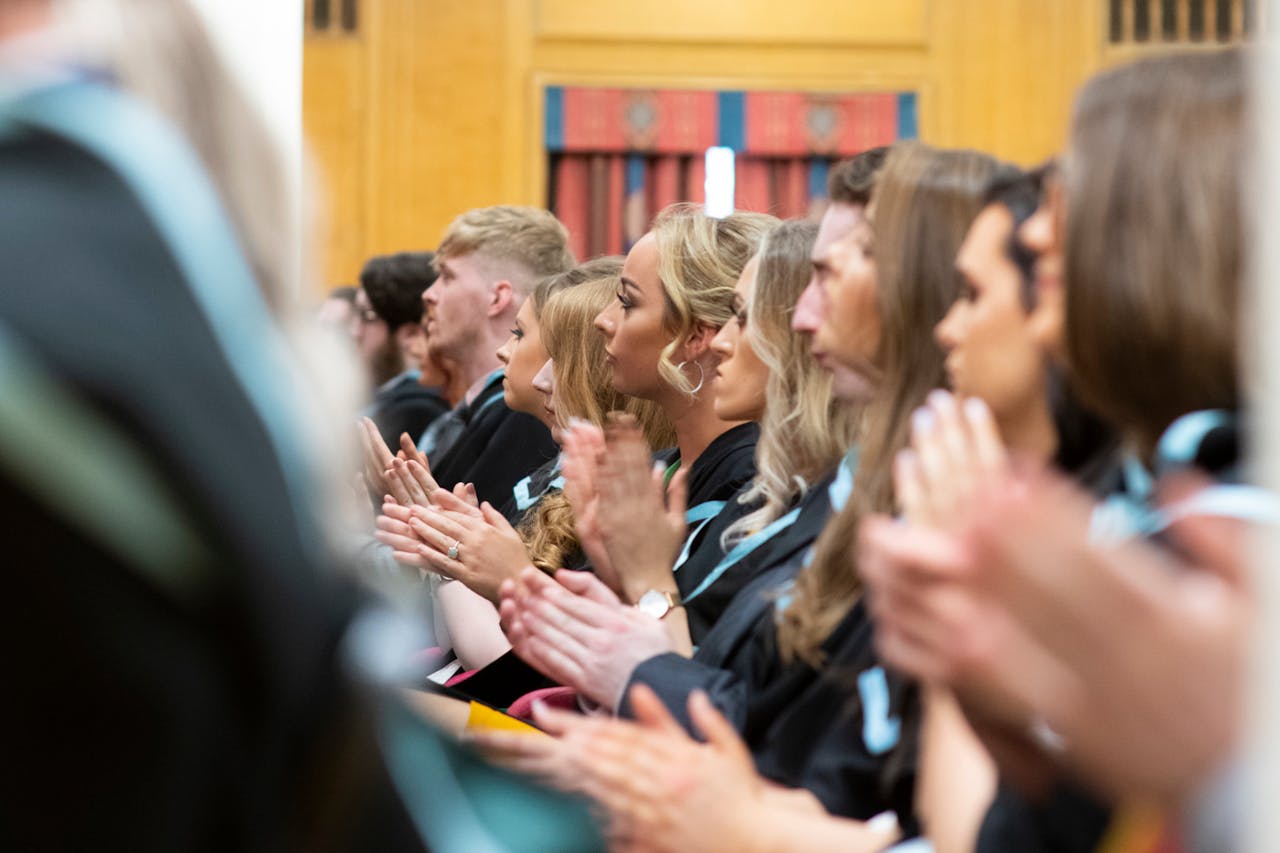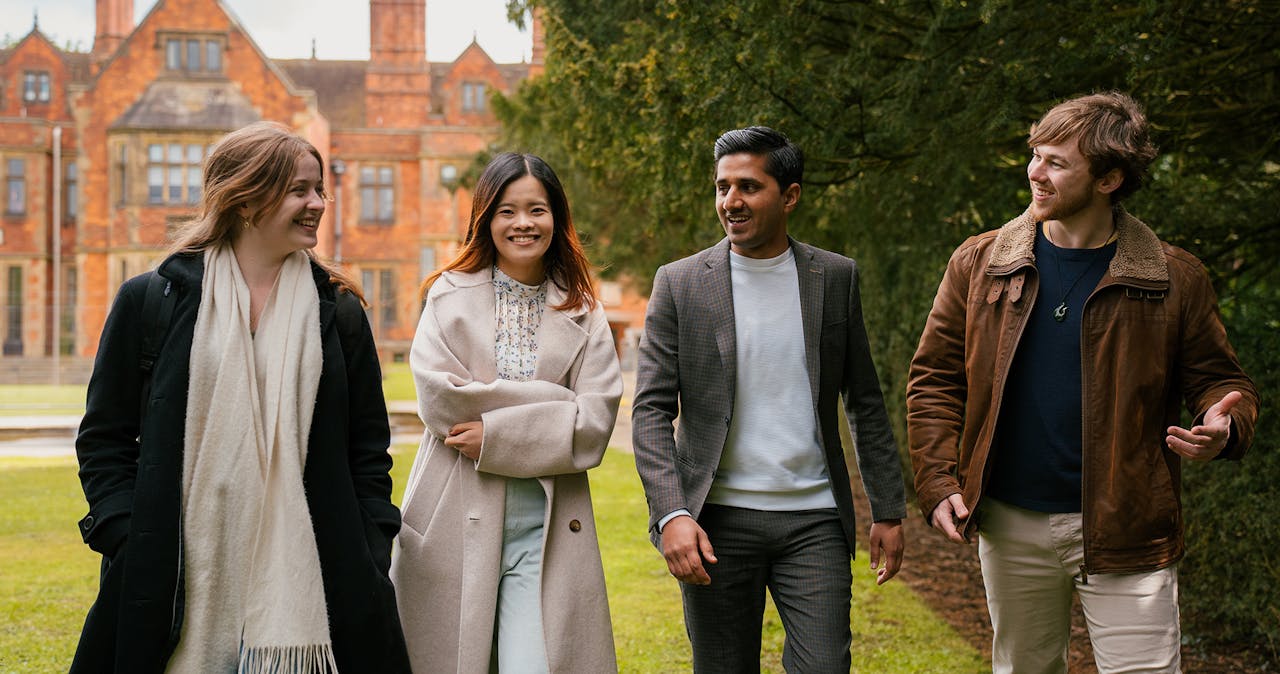You don’t need me to tell you that graduates enjoy better average career earnings when compared to non-graduates, although the numerous non-financial benefits associated with university attendance (such as better health outcomes and mental well-being later in life) are less well known.
As the Project Manager of Advancing Access (an initiative of the Russell Group of universities) I’m proud of the fact that the career benefits associated with attending a more selective university still remain very clear. Yet at the same time, more selective universities have to be realistic about the fact that they are facing a slightly greater challenge than some others in the sector when it comes to attracting students from disadvantaged backgrounds.
There is good news and bad news about the university access gap with respect to socioeconomic background. On the one hand, the proportion of free school meals pupils who have progressed to university has increased considerably over the years, from 14.2% in 2005/06 to 26.3% in 2017/18. However, because the proportion of non free school meals pupils progressing to university has shot up too in the same period (from 33.5% to 44.9%), the gap between the two groups hasn’t narrowed nearly as much as we might like it to.[1]
We all have a role to play in addressing this inequality. But what sort of contribution might teachers and careers advisers make?




